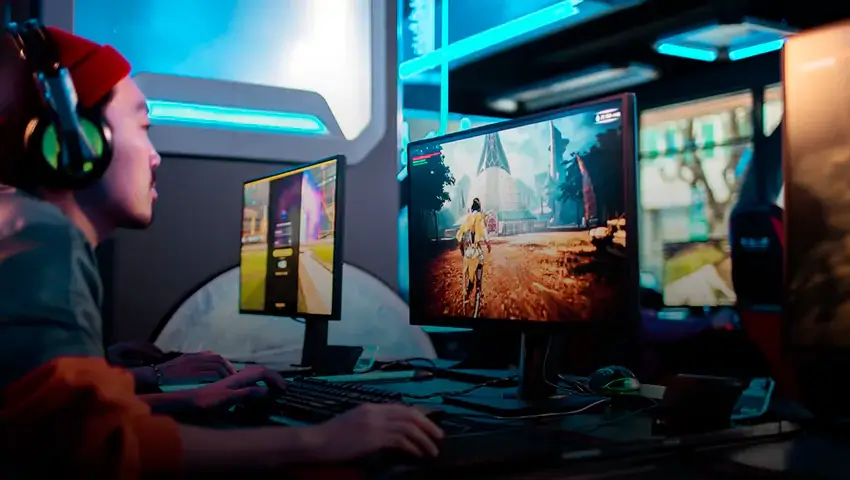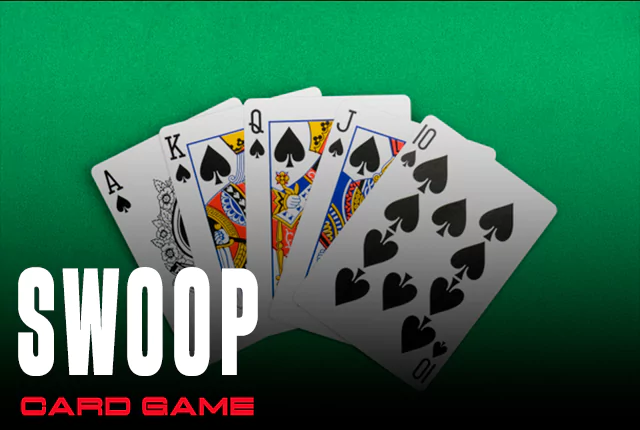Social Media: A Game-Changer for the Gaming Industry

In a world deeply interwoven with the wonders of the internet, it's hard to overlook the profound effect social media has bestowed upon various industries. Once confined to basements and the secluded corners of arcades, the gaming industry has been thrust into the limelight, predominantly through the avenues paved by social media. Platforms such as Twitch, YouTube, and Discord have transformed how we game and perceive gaming as a cultural phenomenon. Let's delve deep into this symbiotic relationship between gaming and social media.
How Social Media Has Redefined Game Marketing
Before the age of social media, the excitement of a new game release might have been confined to the glossy pages of a magazine or a fleeting commercial on television. Enter the era of tweets, posts, and hashtags, and the whole scene is transmuted. Both indie and mainstream game developers leverage platforms like Twitter and Instagram to tease game developments, release trailers, and stir discussions. No longer confined to a passive audience, gamers today directly engage, critique, and influence game development. With platforms like Facebook providing AR and VR integrations, the lines between social media and gaming blur even further, fostering a more immersive engagement.
The Social Facet of Gaming
Gone are the days when gaming was a solitary refuge. Social media has metamorphosed gaming into a communal experience. Discord channels resonate with strategies and banter, transforming the gaming experience into a collective journey. Streaming platforms like Twitch have given birth to a new breed of celebrities - the gamers. Watching live streams, cheering for favorite players, and donating to support them – the gaming community thrives and grows in this shared digital space.
Monetizing Games: The Social Media Edition
Traditional game monetization was straightforward - purchase a game and play. Social media has expanded these horizons with its vast user base and engagement metrics. Influenced by the freemium model, many games offer in-game purchases, allowing players to customize their experiences. Often viewed as intrusive in other digital affairs, ads find a more subtle integration within games. Gamers might pass by billboards (real ads) in a racing game or witness product placements in strategic game scenarios.
Esports: The Digital Colosseum
Once a niche within the gaming world, Esports now stands tall as an entertainment titan. Arenas filled to the brim, sponsorship deals, and riveting championship dramas - it's a spectacle, and social media is the loudspeaker. Platforms like YouTube broadcast these tournaments and provide a space for highlights, player interviews, and more. Like their traditional sports counterparts, Esports athletes amass followers and influence on platforms like Twitter, further bridging the gap between gaming and mainstream entertainment.
Challenges and Opportunities: A Double-Edged Sword
Social media, while a boon, has its challenges. The rapid pace of its evolution means developers and publishers are in a perpetual race to stay relevant. Additionally, the communal spaces, while mostly harmonious, can sometimes spiral into areas of toxicity, cyberbullying, and misinformation. Yet, the promise of opportunities often overshadows these challenges. Real-time feedback, community-driven game developments, a global audience, and novel monetization strategies are just the tip of the iceberg.
Wrapping it up
It's undeniable that social media has intricately interlaced itself with the gaming industry's fabric. Through marketing, gameplay enhancements, monetization strategies, and community-building, social media and gaming are more intertwined than ever. While challenges persist, the symbiotic relationship promises growth, evolution, and a dynamic future for both industries. The game has indeed changed; the digital age is its new playground.
Recommended
New 2025 Games That Feel Like Old Favorites — The Best Spiritual Successors & Genre Evolutions
3 months ago
The Ultimate Gaming Setup: How to Choose the Best PC, Laptop, Chair, Headset, Monitor, and Desk in 2025
3 months ago
Level Up Your Living Room: Building a Custom Arcade Cabinet for Under $500 (A Beginner's Guide)
3 months ago
Romantic Board Games for Couples in 2025: 10 Perfect Picks for Date Night
2 months ago
How to Play Mafia: A Beginner’s Guide to the Classic Party Game
1 month ago

